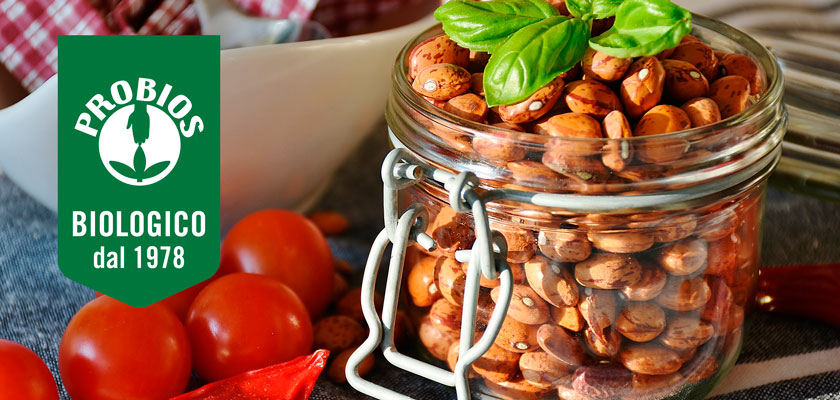
We would like to be able to give you this answer, but even today the world experts have not succeeded.
We must radically rethink global nutrition and we must all personally involve ourselves in implementing certain rules. It’s true, we are more aware of the problems and we see different roads ahead of us now, but the road towards managing to improve the situation that has long been catastrophic is long and tiring.
A small summary of the global food situation from a recent article on the magazine Focus:
- 820 million people do not have enough food
- 2 billion people are obese or overweight
- the overall incidence of diabetes has almost doubled in the last 30 years
- the use of land for food production is responsible for a quarter of global greenhouse gas emissions (more than those produced by trains, cars and aircraft throughout the planet).
By 2050 is expected a 10 billions population for which the world researchers propose a "flexitarian" diet of about 2500 Kcal a day, mainly based on vegetables and legumes and rarely animal proteins. The most obvious change would be the amount of red meat consumed: from 7 to 14 grams per day, for most Western countries a reduction of 5 to 10 times the current average portion.
The drawn guidelines would require a radical transformation. According to the researchers, a similar diet revolution would prevent about 11.6 million early deaths per year due to poor diet, but further benefits would come from the impact of this lifestyle on the environment.
The breeding sector alone is responsible for 14.5-18% of the greenhouse gases produced by human activities, while agriculture is one of the world's major contributors of methane and nitrogen oxides. About 70% of the world freshwater reserves are used for irrigation of the fields or in the food production chain.
Up to here... all clear and shareable. But meat and dairy producers claim the nutritional value of animal proteins and consider the study a diversion, which shifts the problem to the food sector without addressing emissions due to transport and the energy sector used by the agricultural trade. Farmers and breeders should be part of the solution, not the problem.
They are certainly overwhelming news but we can’t keep burying the head in the sand. Each of us can contribute in our home by taking advantage of these informations. Meanwhile, the research continues: hydroponic cultivations are now a reality and also for Bioponics, the organic hydroponics, there’s a future around the corner, of which we will soon give you news.





